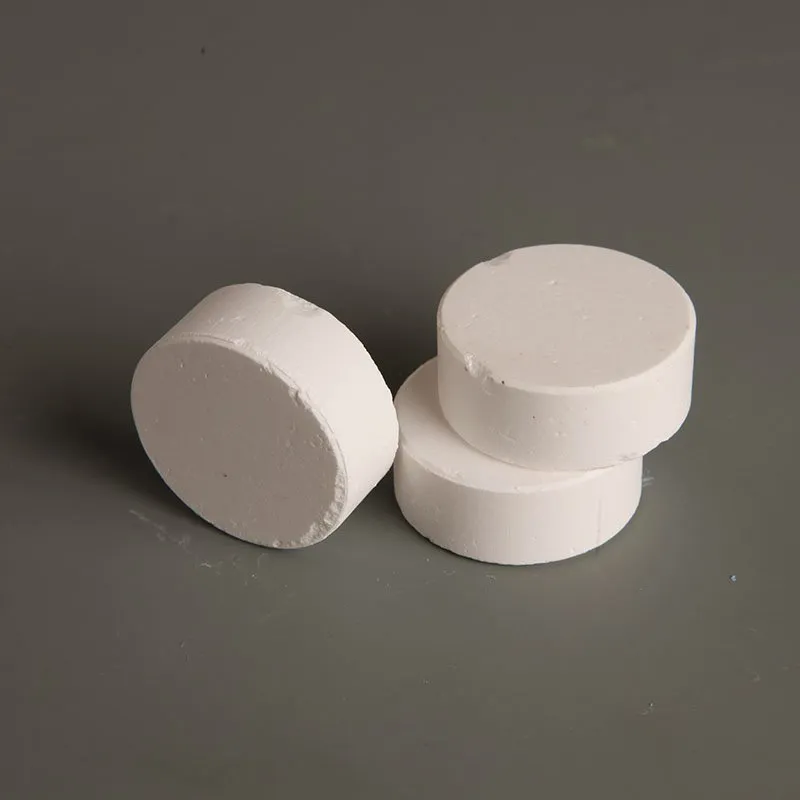



Exploring the Benefits and Uses of Mono Potassium Phosphate in Agriculture and Industry
Exploring Mono Potassium Phosphate A Versatile Compound
Mono potassium phosphate (MKP), with the chemical formula KH2PO4, is a compound that plays a significant role in various industries, including agriculture, food production, and pharmaceuticals. As a salt derived from phosphoric acid, MKP is a source of potassium and phosphate ions, making it an essential component in many applications.
Chemical Properties
Mono potassium phosphate is a white, crystalline powder that is highly soluble in water. This solubility makes it an ideal candidate for use in fertilizers, where it helps improve the nutrient availability for plants. The compound has a molar mass of 136.09 g/mol and a melting point of approximately 252 °C. MKP is hygroscopic, meaning it can absorb moisture from the air, which can influence its stability and handling.
Agricultural Applications
One of the primary uses of mono potassium phosphate is in the agricultural sector. As a fertilizer, MKP provides both potassium and phosphorus, two essential nutrients that play critical roles in plant growth and development. Potassium aids in water regulation, enzyme activation, and photosynthesis, while phosphorus is vital for energy transfer and root development. The balanced nutrient ratio in MKP helps support robust plant growth, enhances flowering, and increases fruit quality, making it ideal for use in various crops, including vegetables, fruits, and ornamental plants.
In hydroponic systems, MKP is particularly beneficial due to its immediate solubility, allowing for quick nutrient uptake by plants. This characteristic makes it a favored choice among commercial growers and gardeners who seek to optimize plant health and maximize yield.
Food Industry
Beyond agriculture, mono potassium phosphate finds its applications in the food industry as well. It serves as a food additive, designated by the E number E340. In food processing, MKP acts as an acidulant, stabilizer, and emulsifier. It is commonly used in dairy products, processed meats, and baked goods to improve texture, moisture retention, and shelf life.
mono potassium phosphate

Additionally, MKP helps in regulating acidity and acts as a buffering agent in various food products. By maintaining the desirable pH levels, it contributes to the overall quality of the food, ensuring it is safe for consumption and tastes appealing.
Pharmaceutical Uses
In the pharmaceutical industry, mono potassium phosphate is utilized as a buffering agent in various formulations. It helps stabilize pH levels in injectable solutions, ensuring that medications remain effective and safe for patients. Furthermore, MKP can be found in some nutritional supplements, where it serves as a source of potassium and phosphorus, vital for maintaining electrolyte balance in the human body.
Environmental Impact and Safety
The environmental impact of mono potassium phosphate is generally considered low when used appropriately. As a fertilizer, MKP can contribute to nutrient runoff if applied excessively, potentially leading to water quality issues such as eutrophication. Therefore, it is important for users to follow recommended application rates and best practices to mitigate environmental risks.
In terms of safety, MKP is generally regarded as safe for use in food and agriculture. However, as with any chemical compound, it should be handled with care, following safety guidelines to prevent unnecessary exposure.
Conclusion
Mono potassium phosphate is a versatile compound that serves multiple functions across various industries. Its importance in agriculture as a fertilizer, in the food industry as an additive, and in pharmaceuticals as a buffering agent highlights its broad applicability. By understanding the properties and uses of MKP, stakeholders in agriculture, food production, and healthcare can make informed decisions that enhance productivity and quality while minimizing environmental impact. As research and development continue, the potential for MKP to contribute to sustainable practices and innovations remains promising.
-
Why Sodium Persulfate Is Everywhere NowNewsJul.07,2025
-
Why Polyacrylamide Is in High DemandNewsJul.07,2025
-
Understanding Paint Chemicals and Their ApplicationsNewsJul.07,2025
-
Smart Use Of Mining ChemicalsNewsJul.07,2025
-
Practical Uses of Potassium MonopersulfateNewsJul.07,2025
-
Agrochemicals In Real FarmingNewsJul.07,2025
-
Sodium Chlorite Hot UsesNewsJul.01,2025










